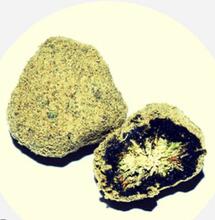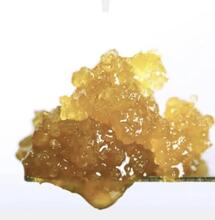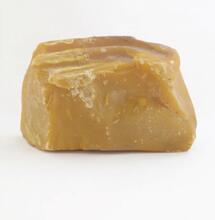Delta-8 Lookalike Snacks are a Danger

The US Food and Drug Administration (FDA) and the US Federal Trade Commission (FTC) have sent cautioning letters to six companies for marketing products incorporating Delta-8 tetrahydrocannabinol (delta-8 THC) that look intentionally similar to popular snack foods that are in the majority aimed at children, teens and young adults.
Delta-8 THC produces comparable results to the chemical compound Delta-9 THC found naturally in the cannabis plant. However, it's not regulated like cannabis is.
The agencies said these products could easily be confused with generic snacks like Doritos, Oreos, Sour Patch Kids, Gushers, Jolly Ranchers, Cheetos and Nerds Ropes.
Some products like Stoney Patch, Double Stuff Stoneos and Medicated DopeRope Bites have names that play on famous household brands. Others, like delta-8 THC Doritos and Cheetos, are trading with the same name as their original, non-infused counterparts. The fact that they contain THC is disclosed only in small font on the bottom and reverse of the packaging.
The FTC has said that the products may violate Section 5 of the FTC Act, which restricts unfair or misleading acts in or affecting business, including marketing approaches that may pose a health or safety risk.
"Marketing edible THC products that children can easily mistake for regular foods is reckless and illegal. Companies must guarantee that their products are marketed safely and responsibly, in line with protecting children's well-being."- Samuel Levine-b Bureau of Consumer Protection.
The agencies reported over 125 adverse events between January 2021 and May 2022 concerning consuming edibles containing delta-8 THC. At least 10 of those reports expressly note the existence of copycat products.
The FTC is demanding via the warning letters that the companies cease marketing edible delta-8 THC products that mimic popular foods and stop packaging them in such a way that is likely to attract young children.
The companies contacted were given 15 working days to show proof that they had taken action to address the concerns.
Products such as this seem to be running concern regarding the newly regulated yet still modestly ambiguous legal cannabis space. In 2021, the US Centers for Disease Control and Prevention cautioned public health departments and healthcare professionals about products comprising delta-8 THC that could cause health concerns, with particular emphasis on those with "insufficient labelling."
In June 2022, the FDA warned customers about the conceivable risks of consuming foods containing delta-8 THC, particularly for children, who would be additionally susceptible to the effects.
Delta-8 THC typically comes from the hemp plant rather than the cannabis plant. The Farm Bill of 2018 successfully removed hemp from the Controlled Substance Act. Some states, though not all, have also banned the sale of delta-8 THC. Further research and regulation are needed to ensure the safety of Delta 8 and those who take it.
More on this topic from Soft Secrets:
How synthetic cannabinoids are changing the market








